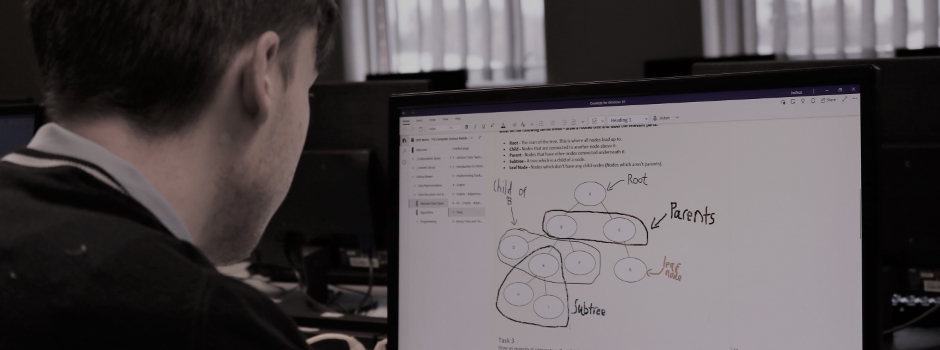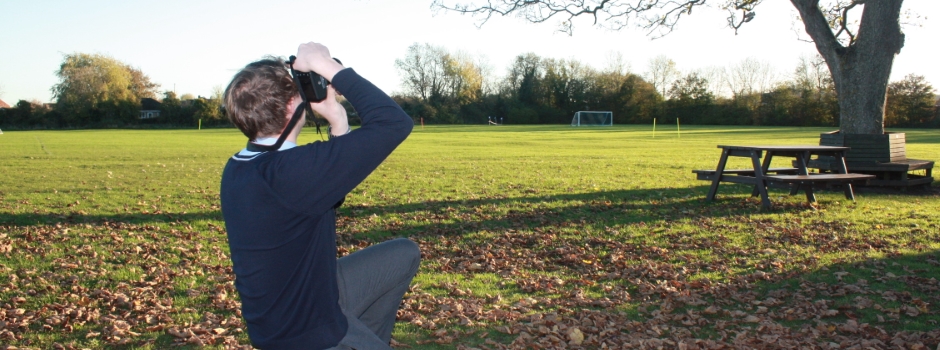



















































Business Studies
Introduction
This subject has an important role to play, not only in the business-related curriculum, but also in the wider life of the school. Our students, both past and present, have not only achieved excellent exam results, but have also gained a great deal from activities such as Young Enterprise and QEGS Enterprise, where students have the opportunity to form their own mini-enterprises. Students have the opportunity to go on a range of visits to local businesses and we also arrange guest speakers to enhance students' learning of the real business world.
Facilities
Most of the Business Studies teaching is based in three rooms, all of which have excellent IT facilities.
Curriculum
Business Studies
All students take GCSE Business Studies, beginning the GCSE course in Y9 and taking the final examinations in Y11. The fundamental business concepts will be covered in Y9, and a business plan will be created, to give a solid base of knowledge, which you can then develop in the second and third years of the course. This will allow you more time to develop exam technique, such as applying the context and improving both your analytical and evaluative skills
Aims
The main aims of the course are to:
- Develop knowledge and understanding of the working world and the environment within which businesses operate.
- Apply your knowledge and understanding in a range of business contexts.
- Evaluate data in order to make informed judgements.
- Use relevant terminology, concepts and methods.
- Further develop skills of numeracy, literacy and data handling.
Assessment Methods
You will follow the linear course, with two examination papers taken at the end of the course of study in Y11. Each paper is 1 hour 45 minutes long and has a mixture of multiple choice, case study and data response stimuli with questions.
A Level Business Studies and Economics
In the sixth form there is a wide variety of Business Studies courses to choose from.
Applied Business
For students that are particularly self-motivated, well organised and enjoy research tasks there is the Applied Business course. The course is assessed through coursework and examinations, and benefits from close collaboration with a local employer, Butlin's, as well as visits to other local businesses.
This qualification is an advanced qualification, on par with A Levels that have been built in close colaboration with employers and professional bodies. The course offers a vocational alternative to traditional A Levels, where the emphasis is on you undertaking your own research into different areas of business. Topics covered are studied in the context of real business situations.
A Level Business
There is also the traditional A Level Business Studies course which is exam based. This is an interesting and valuable qualification looking at all areas that are important to a successful business enterprise. The course offers a dynamic and engaging content which is designed to involve students using topics and issues that are relevant in today's society.
A Level Economics
The Business Studies Department also run A Level Economics, which is becoming increasingly popular. Economics will give you an insight into the way that the UK economy functions, the problems it encounters and how the government tries to intervene to overcome these problems.
You will gain an understanding of how decisions are made in markets through the workings of supply and demand. You will consider the way that prices allocate resources within the economy and how the markets sometimes fail to work efficiently. You will also begin to understand macro-economic problems; inflation, unemployment, economic growth and balance payments.
Staff
Please click on the link below for an up-to-date list of staff:

